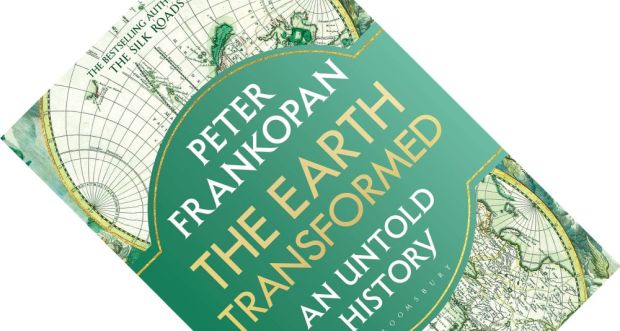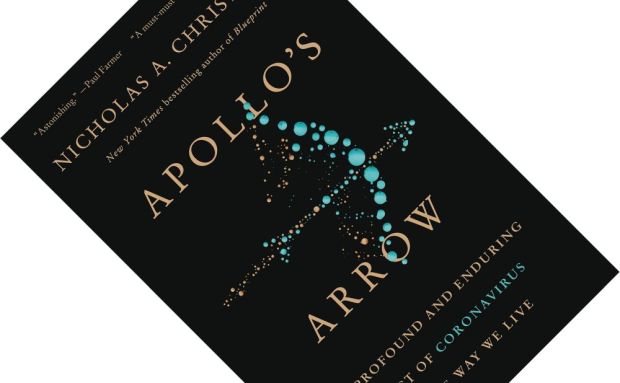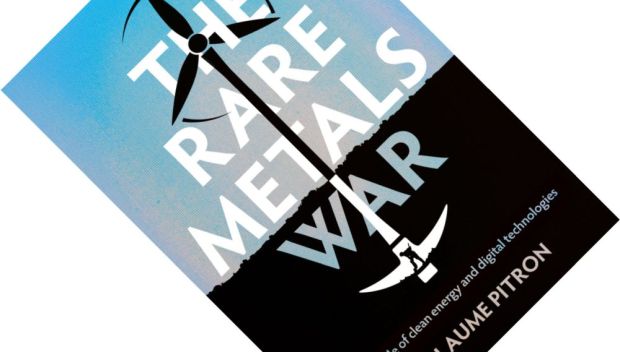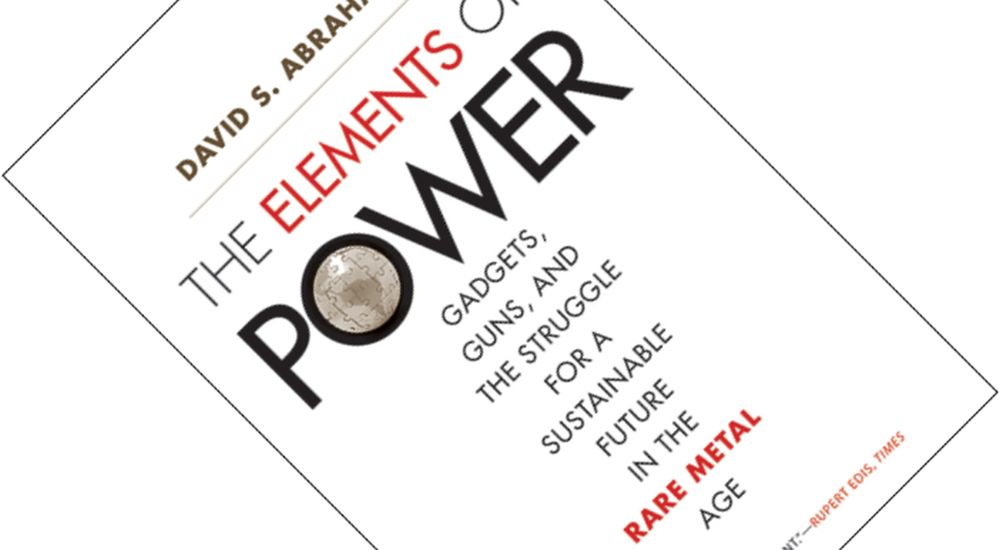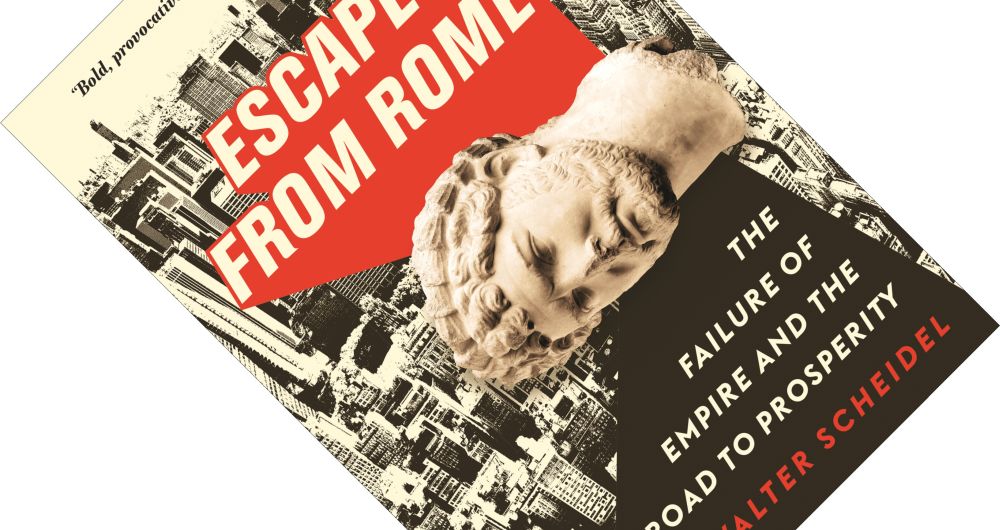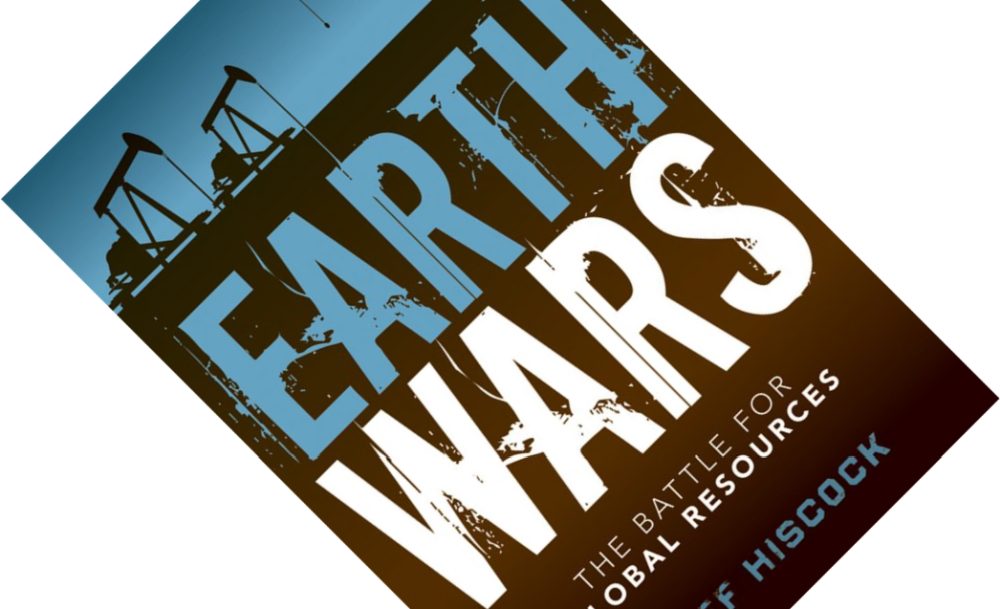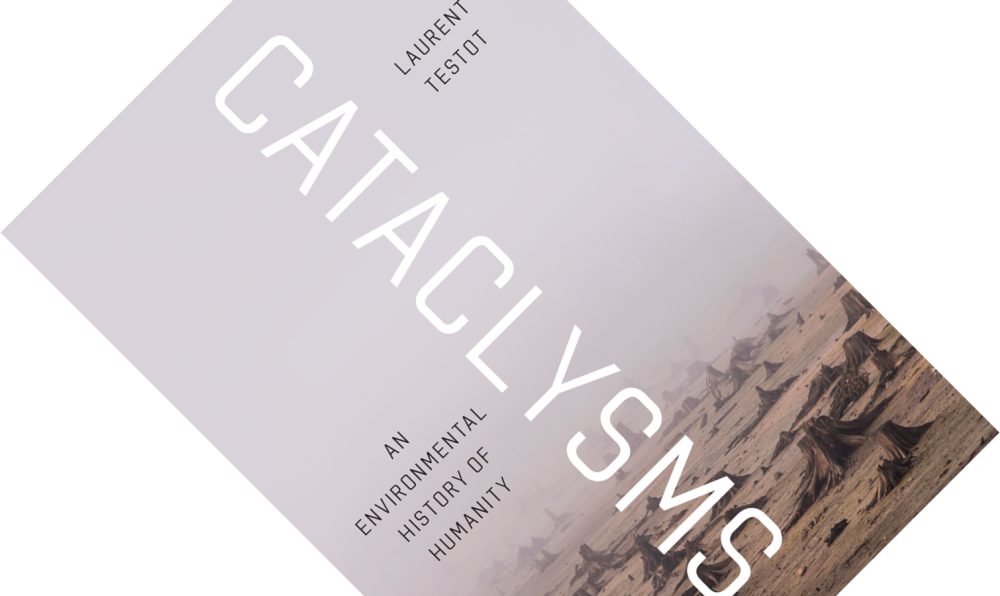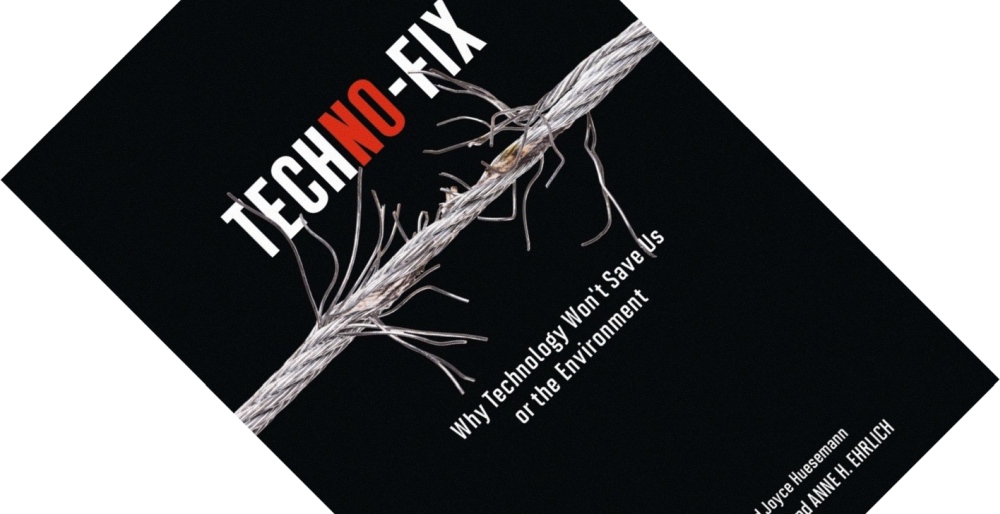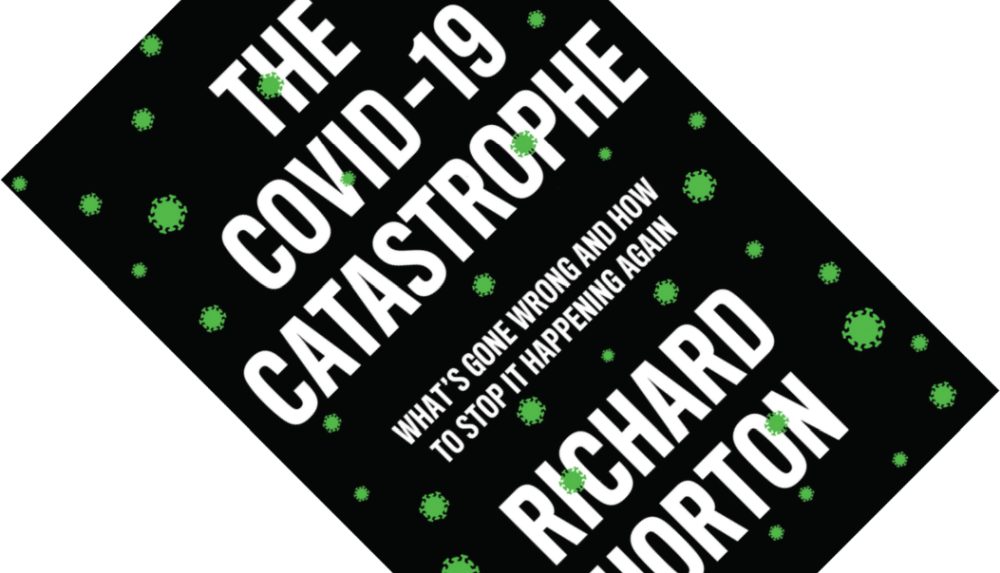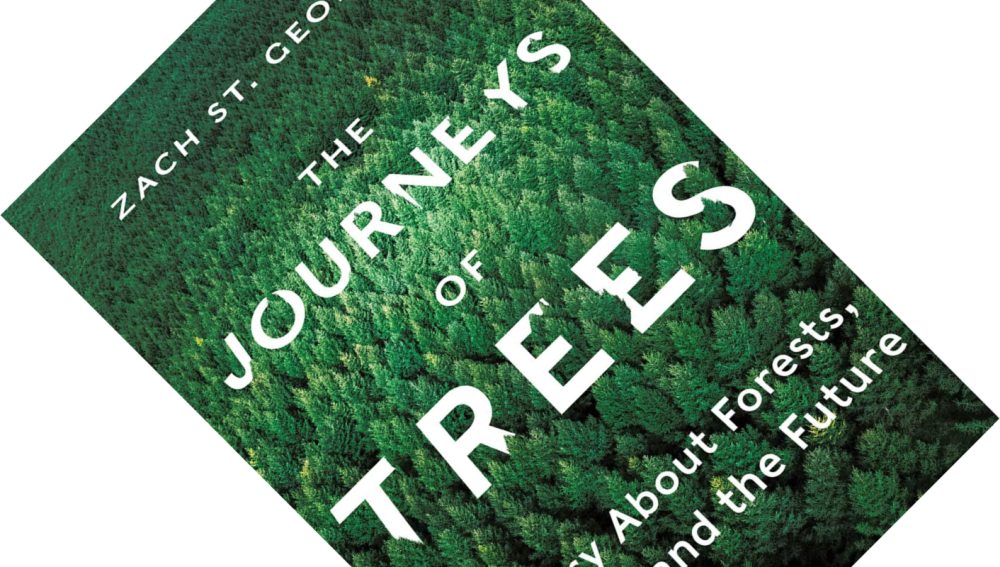8-minute read
keywords: climate change, environmental history
After writing two history bestsellers, The Silk Roads in 2015 and The New Silk Roads in 2018, professor of global history Peter Frankopan now turns his attention to environmental history. Bloomsbury is gunning for another bestseller and has thrown the full weight of its marketing machine behind it; you will have been hard-pressed to miss The Earth Transformed if you have visited a UK bookshop recently. Amidst all this, it is easy to overlook that another voluminous environmental history title was released almost simultaneously by the University of Pittsburgh Press: Frank Uekötter’s The Vortex. This, then, is the first of a two-part review of two brand-new behemoths that discuss the impact that humans and the environment have had on each other.

